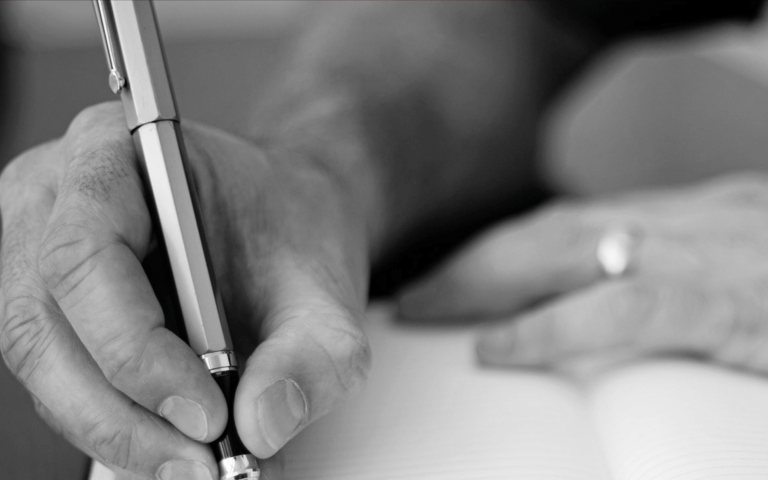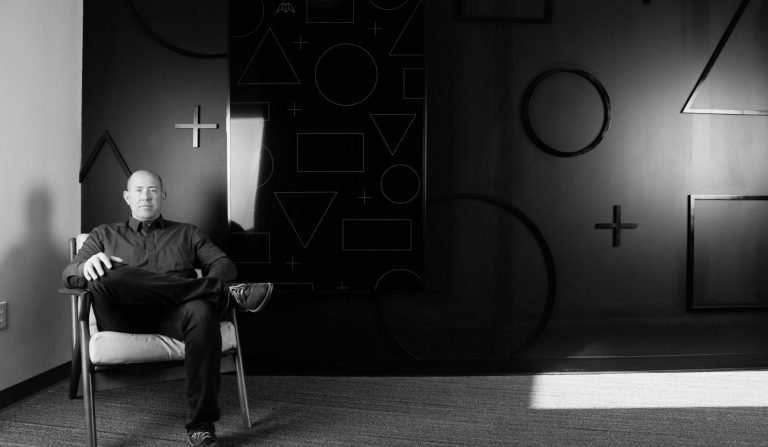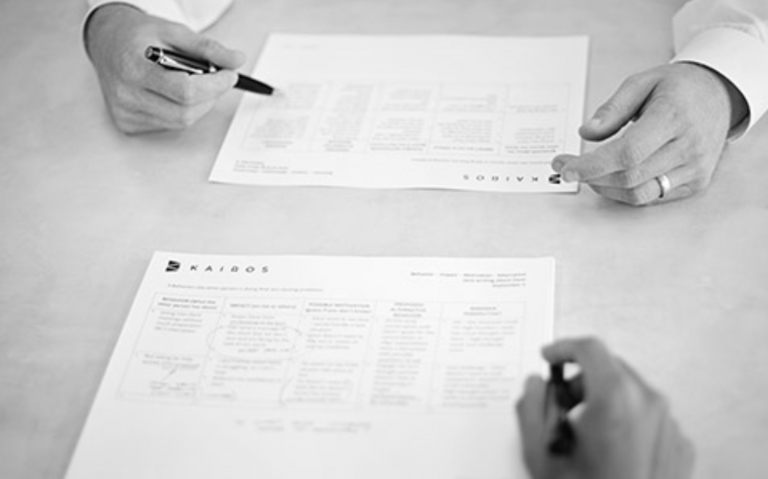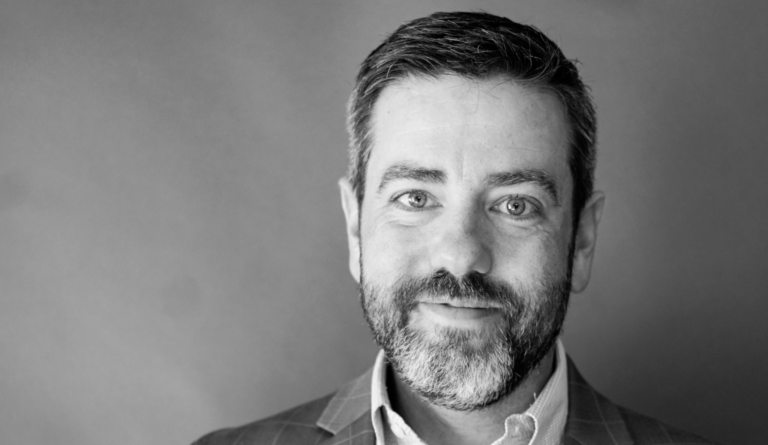There’s a lot of talk right now about burnout (NYTimes, Washington Post, FastCompany). For CEOs/Founders, the pain of needing to be the one to bring the energy and vision to your team when you don’t have any can be especially acute. I’ve experienced cycles of motivation and demotivation over the course of my career and will likely continue to. With each, I come to recognize areas where I need healing and growth. This most recent bout is no different.
For a few weeks, I found myself in a place where I thought maybe I was burnt out. I kept putting off creative work (like this blog post) that needed to get done because I just wasn’t motivated. I lacked enthusiasm, found myself getting more defensive, and felt like anything I tried wasn’t good enough.
I reached out to a colleague to get some perspective (Hat tip to Alyssa Johnson), and what she helped me realize is that this was not a case of burnout. My own inner critic’s volume was on full-blast, and the remedy was to get back into a learning mindset.
The inner critic sets up an impossible standard of who we should be, how we should do it, and edits every one of our steps that we try to take forward. If you’ve not been there, it saps creative thinking and learning dry.
A learning mindset, on the other hand, reminds us that everything is a work in progress, growing takes time, and imperfections or failures are teachers. The inner critic says “Why aren’t you better? You should be better.” A learning mindset says, “It takes patience and practice to get where you want to go.”
As I reflect on how I might recognize the inner critic’s lecturing voice sooner, here are some signposts I’m considering:
- How often am I using the word “should” on myself?
- What’s causing me to get demanding or defensive?
- To what extent am I able to hold generous empathy for others?
If these sound familiar, you may be thinking, Ok great, maybe I’ll recognize the inner critic for what it is sooner, but how do I shut it off? I don’t know that there’s a quick fix to shutting off the inner critic, but here are a few things I’m learning:
- When I notice myself getting in a funk, I need to get honest with someone else sooner: Just saying out loud to another person, “I feel like I’m in a funk and don’t know how to get out of it,” can start the process of getting back on track.
- If I can concretely name what I’m expecting from myself (or others), I’m likely to realize how unreasonable I’m being. I might even laugh at myself.
- When I feel stuck, if I create something authentic – anything – and I don’t edit it until much later then that can give me a push in the right direction.
If you’ve been paying attention, you’ll see a core temptation surface that maybe you can relate to: When I find myself feeling stuck, I have a tendency to think that something is wrong with me – that I’m inherently deficient. The reality is that the inner critic is an internal issue that I can push back on. It does not need to define me.
And that brings me to the place where I need to grow the most in regard to turning off the inner critic and leaning into a learning mindset: Choosing grace. Celebrate small growth and learning even when the pace slows down – I need to be kind to myself!
If you’re not in the headspace to give kindness to yourself, let me help – message me and I’ll be happy to serve as a sounding board.













